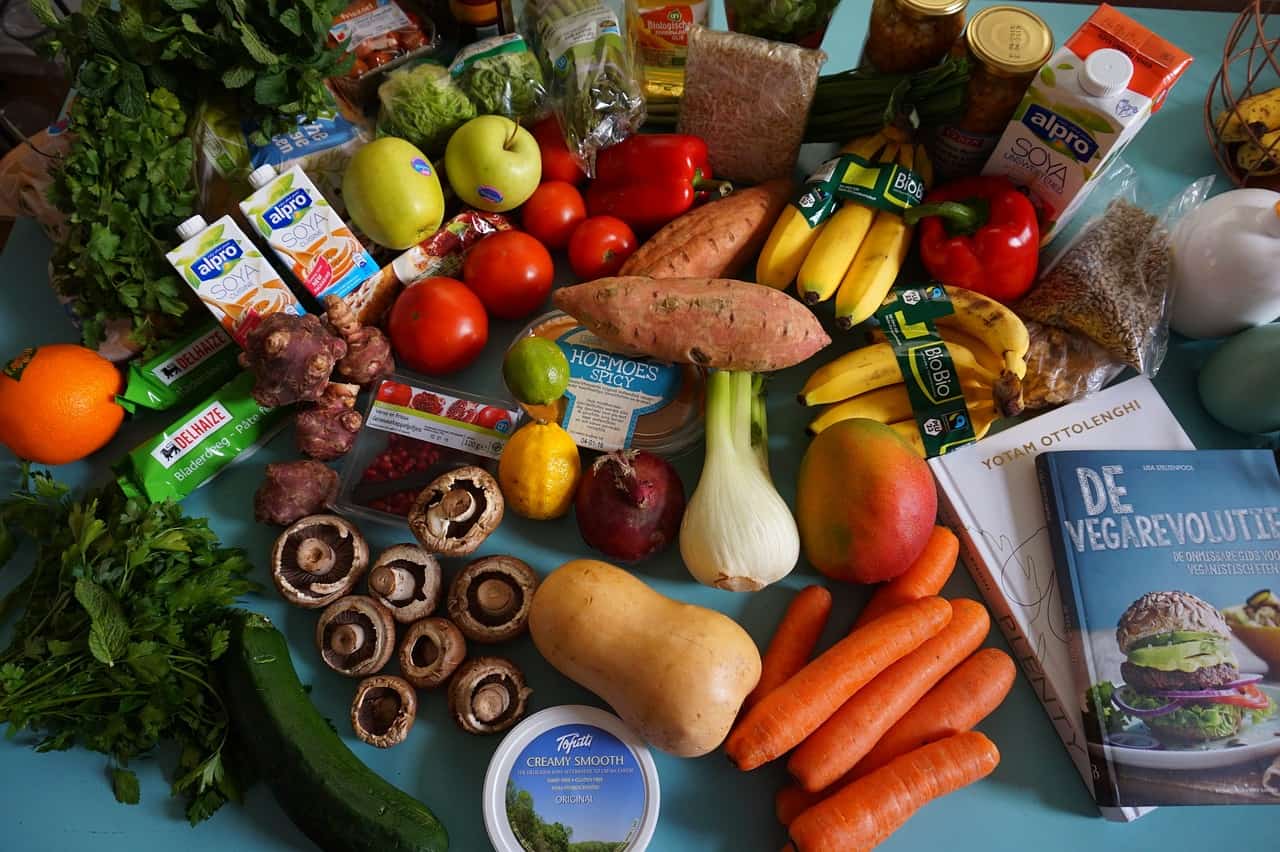Explainer: Five things to know about inflation
Marlene Scicluna
- Credit & Debt, Home Ownership, Money Lessons, Womens

There has certainly been no escaping the term ‘inflation’ in 2022: it trended in politics, in media, businesses and in households. It’s an economic term that can worry consumers, investors, and government officials alike.
While we’ve been hearing more about it lately, it’s worth remembering inflation is always present and is also to be expected. Over time, prices go up. When this happens, it tends to affect a lot of different things, like daily living costs, wages, rent and even employment.
Inflation can be both good and bad: whilst low and consistent rates of inflation can be beneficial, fast and high rates can make things difficult for both consumers and producers.
Unfortunately, many economists and financial experts across the world agree that the pain will continue to be felt well into the next couple of years… So let’s take a look at what’s going on.
Interested in learning more? Watch this video.
What are the driving forces behind inflation?
Inflation is a generalised rise in prices which can be caused by several factors, from man-made disasters to changing interest rates, increased consumer demand for products and/or services and monetary policies which change the value of currencies.
When prices go up, consumer spending tends to go down because people curb their spending on certain things.
So, what caused today’s inflation? A few different things. Supply shortages due to the COVID-19 pandemic, the war in Ukraine, combined with a surge in consumer demand, are among the factors that contributed to this extraordinary global inflation. And despite Australia’s economic recovery exceeding expectations, prices have been increasing.
What are the different types of inflation?
- Demand-pull inflation happens when demand is higher than supply. This puts a strain on resources because too many people want something that’s in short supply.
- Cost-push inflation is when there’s an increase in production costs due to a disruption in (or decreased) supplies.
- Built-in inflation is when people demand an increase in their wages or salaries to meet rising living costs, which in turn, pushes prices even higher.
How is inflation measured and controlled?
Inflation is measured by tracking and comparing prices from specific parts of the economy over various periods. Prices are sourced from retailers (including supermarkets, department stores and online shopping platforms), energy providers and real estate agents.
In total, the Australian Bureau of Statistics (ABS) collects around 100,000 prices each quarter and considers how households spend their income. The ABS then creates price indexes:
- A Consumer Price Index (CPI) evaluates changes in food prices, clothing, housing, vehicles as well as goods and services.
- A Producer Price Index (PPI) measures the average change in price of goods and services by manufacturers and producers in the wholesale market.
Inflation is then controlled through monetary policies, which include:
- Increasing interest rates makes it more expensive to borrow money, which in turn can mean people have less money to spend elsewhere.
- Increasing bank reserve requirements (ie: funds banks have on hand to cover possible withdrawals) means that there is less money for banks to lend. Therefore, they can charge consumers more, by raising interest rates.
What is the impact of inflation?
Inflation affects us all differently, depending on our personal circumstances.
Many homeowners with a mortgage are feeling the pinch right now, particularly those who took on larger mortgage when house prices were high and interest rates were low. As interest rates rise, so will their mortgage repayments.
In contrast, those who invested in term deposits and put money in savings accounts are benefiting from interest rates hikes: they are rewarded with more interest for the money they put away.
All other things being equal, a higher interest rate environment makes people cut back on spending, which should slow down inflation. However, it may take a while.
Let us know if you liked this article
Let us know if you liked this article




